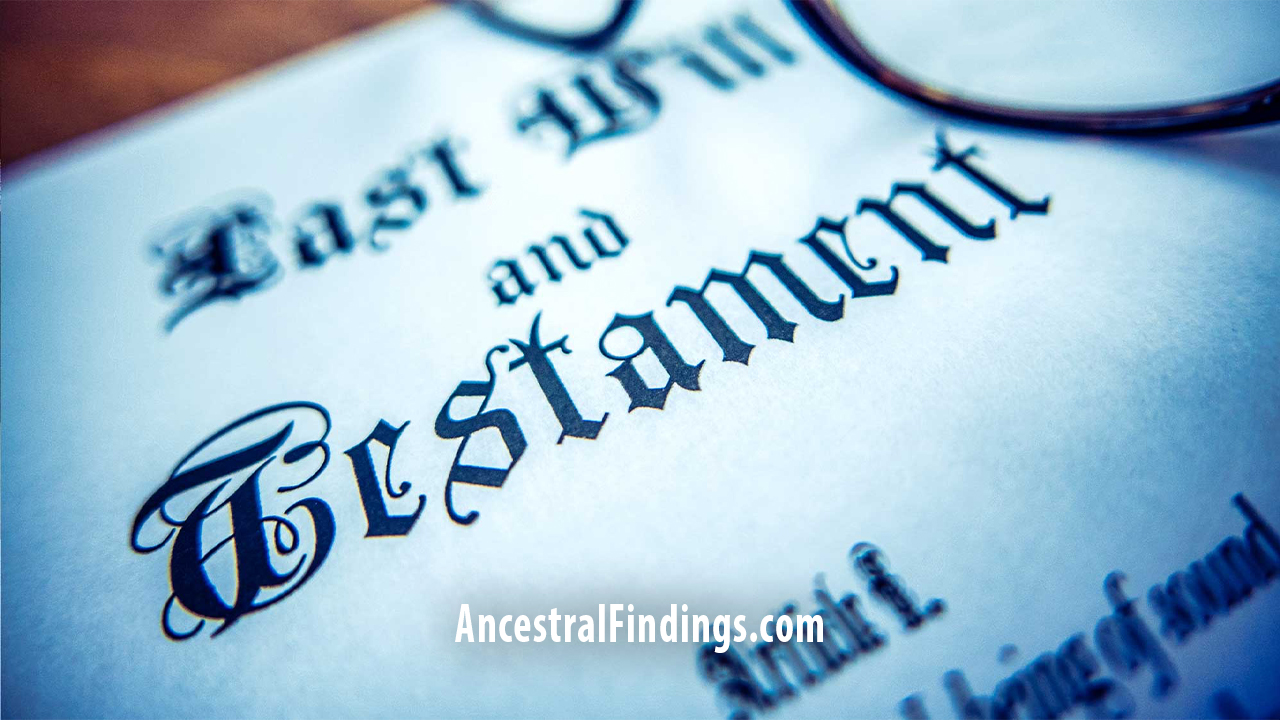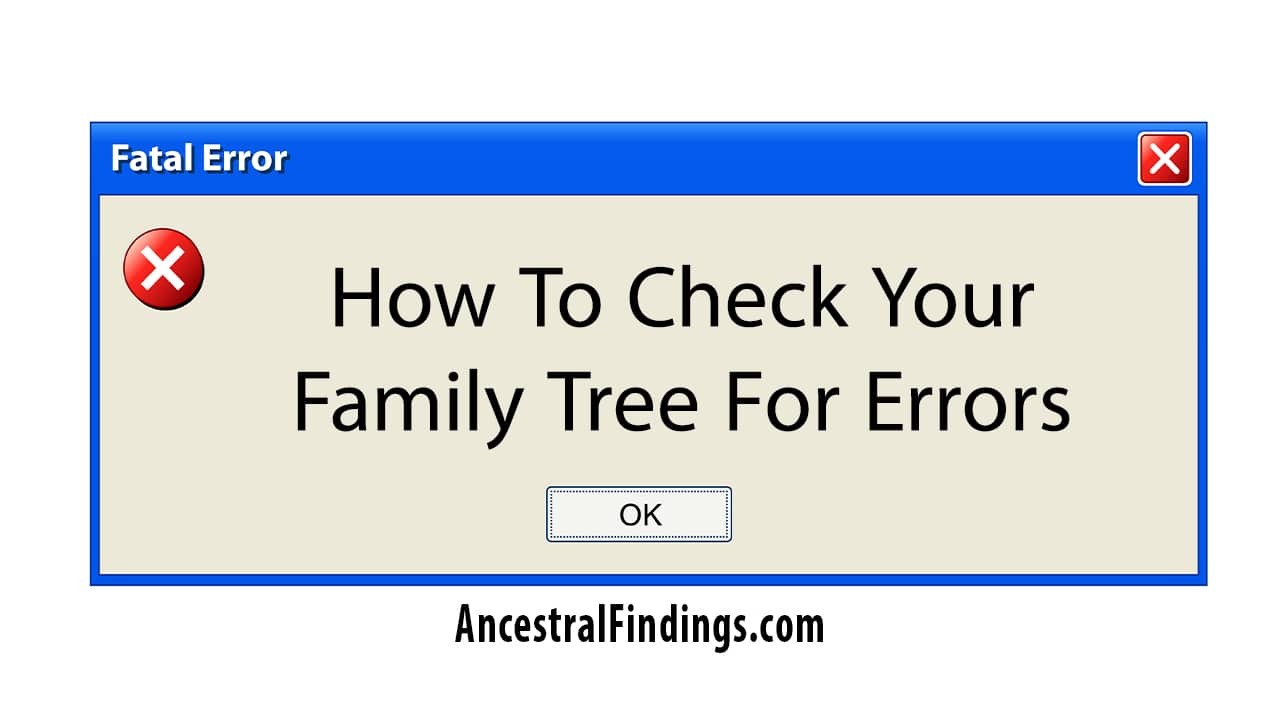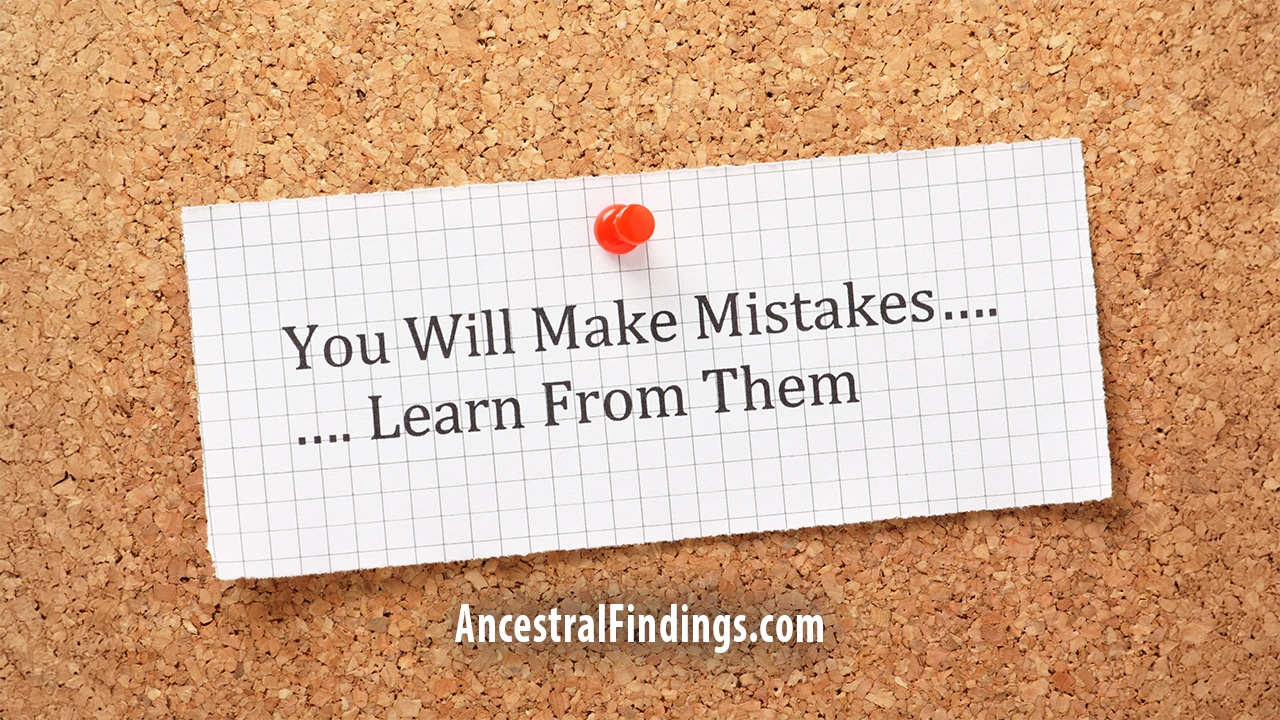Are you at a brick wall in your genealogy, searching for the background for an elusive ancestor? You just know that if you could only discover this ancestor’s origins, it would open up a whole new world of family history for you to explore. But, you seem to have been through every available record source, and you’ve still found nothing. This ancestor looks like he or she just appeared out of nothing, with no parents or background, or anything. Even DNA testing hasn’t shown up any close matches to anyone on that particular family line. What do you do? Do you just give up and accept that you will never know anything more about that family line? No. What you do is conduct a neighborhood study.
A neighborhood study can tell you all kinds of things about your mysterious ancestor that you would not have otherwise known. Back in past centuries, people did not live in isolation. They knew their neighbors and usually knew them quite well, unlike today, where we often never meet our neighbors or only speak the most basic pleasantries to them when we meet them in our driveways. Our ancestors would have had close, personal relationships with not only their neighbors but their entire neighborhood or community (if it was a small community).
Many of the people with whom they interacted regularly would be friends and acquaintances and business associates, while others would be distant relatives, in-laws, and relatives of relatives. Even when your ancestor moved to a new community, it was often in the company of other people from the old community, and sometimes to join people from the old community who had already moved to the new town. Because knowing their neighbors and having close, personal relationships with them was important to your ancestor, it should be important to you, too, in looking for more clues as to your ancestor’s background.
When conducting a neighborhood study, you are basically doing a historical study of each person in a neighborhood. You will be looking at the same types of records of all of your mysterious ancestor’s neighbors as you would on your ancestor. Do this in each town in which you know your ancestor lived. If your ancestor only lived in one town, consider yourself lucky. However, you will still need to take into account all the neighbors they had during their life. The number of neighbors may have increased as they got older if the town got larger (not every town did… some stayed small and rural, even to the modern era). Take a look at each census in which your ancestor appears, beginning in childhood. Then, do a basic historical study of each person on the same page as them on each census record, and on the two to three pages before and after your ancestor’s entry. If you don’t find anything interesting, expand your search to the people in pages further away from your ancestor, until you have investigated everyone in the town.
What you are looking for is any mention of your ancestor in the documents pertaining to their neighbors. It’s not uncommon. How many times have you found names you did not recognize on documents pertaining to your ancestor? Witnesses on marriage licenses, mentioned in wills, land deeds, diaries, and more may all have names you do not recognize as family members. These are probably neighbors, who were also friends and well-trusted associates and allies. You may find your ancestor’s name mentioned in these same documents belonging to their neighbors. Any one of these mentions might give you a clue, or even tell you outright, who the family of your ancestor is, and what their background is when you wouldn’t have found this information anywhere else.
Don’t neglect any record belonging to your ancestor’s neighbors. Even military records might contain a mention of your ancestor, especially applications for pensions, where the applicant has to get people who know them to provide corroborating proof that what the applicant says of their military service is true. That person providing the proof for a neighbor could be your ancestor and may reveal a lot about himself or herself in the process. When you study your ancestor’s neighbors in the same way you studied your ancestor, all sorts of interesting and valuable new information about your ancestor may appear.






